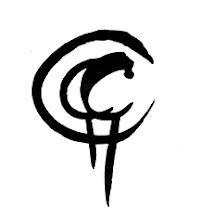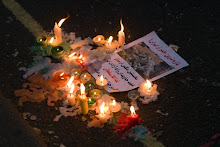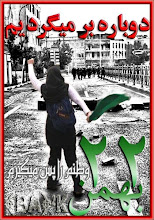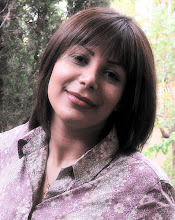I collect dictionaries. It’s a vice I speak of rarely. I didn’t mean to and I’d like to say that it just happened but of course it wasn’t like that. It all started when I decided to learn Farsi – or Persian if you prefer. The problem is – and maybe collecting is always started by a problem of some sort – the problem is that Persian English / English Persian dictionaries are dreadful. At least they are for the English student. They’re not so bad for the Iranian student of English but they’re still pretty ropey. The source of that problem, as I see it, is that they are all written either by Iranian lexicographers with no input from any native English speakers, or by an English lexicographer, with no input from any native Farsi speakers. The result is some pretty weird translations one way or another. For the English student of Farsi, it’s a nightmare. There’s no indication of pronunciation. The phonetics support the Iranian learner, there are none to help the English learner.
Backwards and Forwards
Example – Judge ‘(juj)’ it says, helpfully, like I don’t know.
Then comes the Farsi, but nothing in Latin script to indicate how I should pronounce the word – and you’d think that the English pronunciation for the Iranian student ‘juj’ should ideally be in Farsi script anyway. The only dictionary that does provide this kind of support for the English student was published in 1953. It’s got some great words in it, but not much you’d hear on the average Tehran street now.
Usage
Then comes the usage problem. Few dictionaries provide examples of how the word is used. Only very rarely can you change an English word into a Persian word directly. They don’t translate like that. You have to rethink the entire sentence. So when faced with seven different possibilities for ‘through,’ I have no idea which to use because there is no example of a sentence using the word. Then comes Dr. Aryanpour. He produces a fine beast of dictionary, so heavy it sits on my living room table and is never moved. I had to get a shopping trolley just to transport the thing home from the shop in Golders Green to my flat in Tottenham. It’s my pride and joy. But I have noticed that the beast in question is directed towards Iranian students who are translating English, not for English students writing in Farsi.
Mis/Translations
‘Fence,’ for example, deploys many column inches explaining in dense Farsi to the unsuspecting Iranian student, all the different ways those pesky English speakers might be using this word and what it is. You don’t really have fences in Iran as such - not in Tehran – they don’t do terraced housing with gardens and fences - and Aryanpour is Tehrani and Tehrani, like Londoners, are loath to leave the capital and in the rural areas – oh, look, you get the problem. Anyway, this splendidly dense section is rounded off as follows:
‘The teacher fences awkward questions.’
I wonder what with and how? The English mind boggles and god help the Iranian student. ‘Fencing,’ the verb meaning sword fighting, is said: ‘shamshi baazi’ meaning sword play. It’s one of my favourite words. Just thought I’d add that for good measure.
Confession
Thus I grew to love dictionaries. To my fevered, nerdy mind, they are a source of endless entertainment. Now I have shelves full of them. Mostly they are Persian English / English Persian but I also have Hungarian English / English Hungarian, Turkish, Italian, Spanish, French, Modern Greek, and that’s all I’m willing to confess to for now.
Sunday, 7 June 2009
Subscribe to:
Post Comments (Atom)












































No comments:
Post a Comment